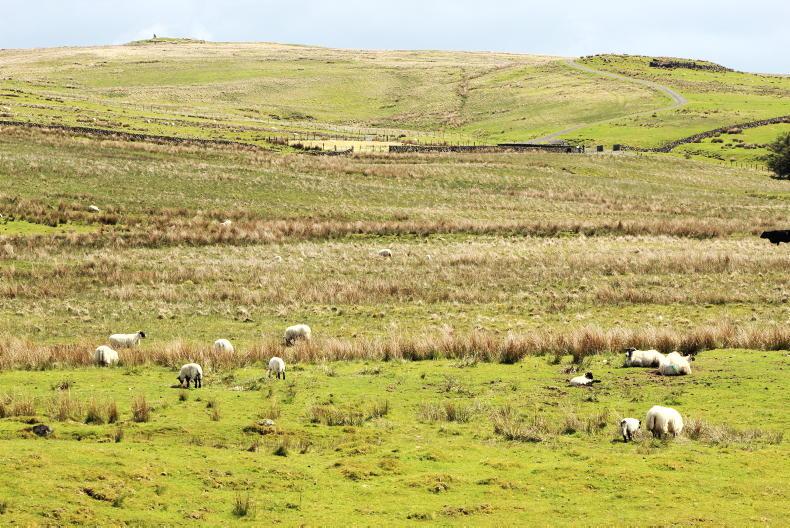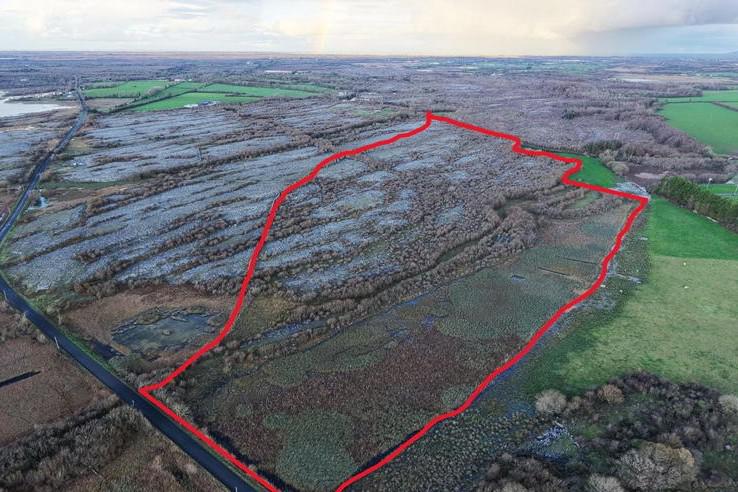The retention of commonage management plans (CMPs) for the agri-environment climate measure (AECM) in the new CAP has provoked unease among hill farmers.
Department of Agriculture officials insisted last week during the town hall consultative meetings that the CMP model will remain in place to facilitate delivery of the agri-environment scheme objectives on commonages.
The commonage plans were a hugely divisive feature of the last CAP, with the collective responsibility clause opposed by many farmers.
Any grazing plan for the commonage should be on an individual basis with farmers instructed on their minimum and maximum figures
However, the effectiveness of the plan’s structure was defended by Department staff at the online events, and they stressed that this model will be needed and employed for the agri-environment measures.
However, the INHFA maintained that access to the new flagship environmental scheme should not be dependent on farmers having to sign up to any form of collective responsibility clauses.
While the INHFA accepted there was a need for an overall plan for each commonage, the association insisted that applicants for the schemes should be “instructed on an individual basis with regard to what is expected from them”.
“Any grazing plan for the commonage should be on an individual basis with farmers instructed on their minimum and maximum figures,” an INHFA spokesman said.
Reservations
Reservations around the proposed rewetting of land under the new CAP were also voiced by the farm organisations.
The IFA’s rural development chairman, Michael Biggins, maintained that any move by a property owner to rewet ground would have to have the agreement of neighbouring farmers who could potentially be impacted by such a development.
This position was echoed by the INHFA.
This issue does pose obvious concerns and could become very divisive in many farming communities
“Where farmers take on this action [rewetting of land] it can’t be allowed to undermine the farming activity of their neighbours by having the effect of also rewetting their lands,” the INHFA spokesman said.
“This issue does pose obvious concerns and could become very divisive in many farming communities,” the INHFA cautioned.
The hill farmer body also questioned whether rewetted land would continue to be eligible for ANC payments, since the action of closing drains could be viewed as creating an artificial constraint rather than a natural one.










SHARING OPTIONS